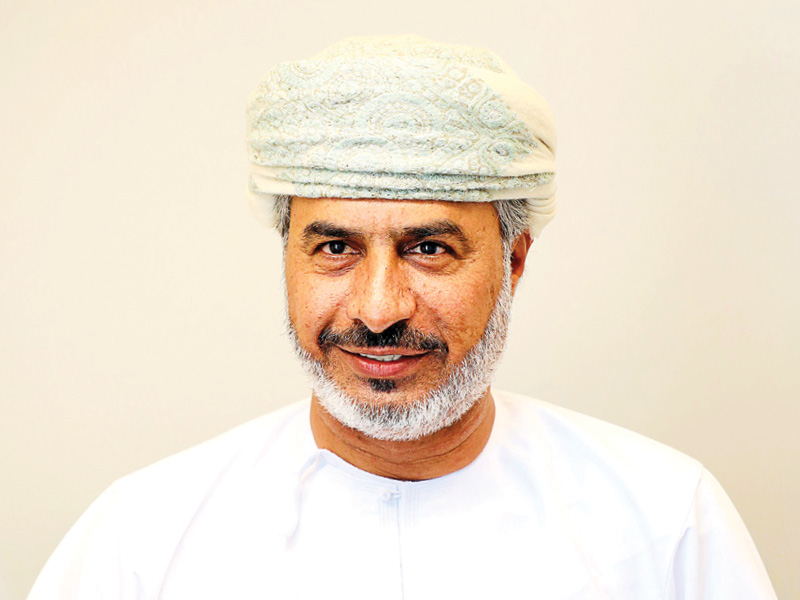 By MOHAMMED TAHA
By MOHAMMED TAHA
Muscat – Royal Oman Police (ROP) has highlighted the significant challenge posed by illegal migrants attempting to enter the sultanate.
In May and June this year, 58 individuals were apprehended for illegal entry. In the latest incident on Sunday, Coast Guard Police in Muscat arrested 27 Asians attempting to enter the country illegally.
The ROP is increasing efforts to combat infiltration by monitoring borders, tracking smugglers, conducting security campaigns with other authorities, and educating the public about the impact of illegal migrants on security, public health and the economy.
Through increased awareness of the dangers posed by infiltration, society plays a vital role in combating it. Ali bin Mansour bin Harith al Amiri, Majlis A’Shura member from Seeb, emphasised the security risks, noting that infiltrators often lack identifiable data or fingerprints, complicating prosecution when crimes are committed. He warned that criminal groups exploit infiltrators for illegal activities and urged community members to reject any involvement with them.

Dr Khalifa bin Saif al Hinai, a lawyer and former court president, explained that illegal entry into the country is a violation under the Foreigners’ Residence Law, criminalised due to its risks to national security. He stressed the importance of promptly reporting any suspicion of illegal presence, particularly in border regions.

Hinai also noted that some individuals living illegally in Oman may have fled justice in their home countries after committing serious crimes, posing risks to public safety and potentially engaging in crimes in the sultanate.
Highlighting the repercussions of employing illegal migrants, Hinai said it undermines the country’s economic stability and violates national security. “Aiding illegal residents constitutes complicity in their crimes and is subject to legal consequences.”
Dr Abdullah bin Mubarak bin Saif al Abri, a lawyer and former faculty member of Sultan Qaboos University, spoke of the significant efforts of government agencies in combating illegal immigration and stressed the need for societal collaboration to protect against its impacts, which threaten social security and cultural integrity. He also noted the potential threat to social cohesion and economic activities posed by the infiltration by other nationalities, and hence the need of stringent measures to safeguard society.
Ali bin Salem al Sawai, Director of Office of Joint Inspection Team in Ministry of Labour, highlighted the legal consequences of employing non-Omani workers without permits. Under the Omani Labour Law, this act constitutes a misdemeanour with penalties, including a fine of up to RO2,000 and a prison term of ten to 30 days.
Harbouring or employing migrants fleeing from their legal employers is also punishable under Article No 147 of the Labour Law with similar penalties.
These legal provisions underscore the seriousness with which Omani authorities view unauthorised employment and harbouring illegal migrants with the objective of upholding labour regulations and protecting national security and economic interests.
© 2021 Apex Press and Publishing. All Rights Reserved. Powered by Mesdac